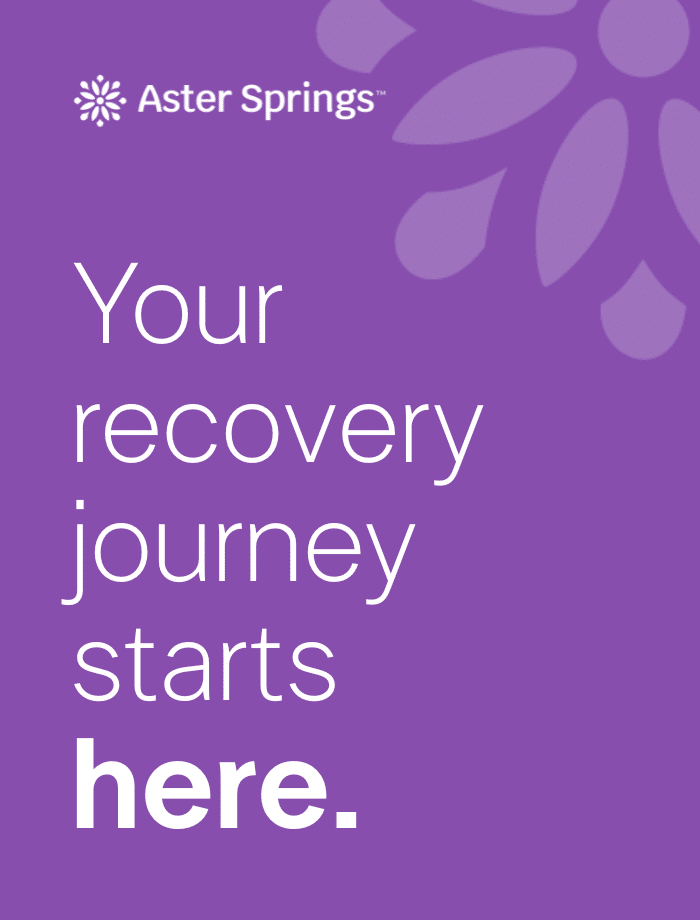When people hear the term “anorexia nervosa,” they often associate it solely with restrictive eating habits or extreme weight loss. However, it is not just an eating disorder with visible physical symptoms.
Anorexia is a psychological disorder that profoundly impacts an individual’s mental and emotional well-being. Given its severe effects on mental health, can anorexia nervosa be classified as a mental health disorder?
Anorexia: A Multi-Faceted Disorder
Anorexia nervosa — commonly referred to as anorexia — is among the most prevalent and severe eating disorders worldwide. It has the highest mortality rate of any psychiatric diagnosis other than opioid use disorder and is a very serious condition. Body mass index (BMI) is typically under 18.5 in an adult individual with anorexia nervosa.1
People with anorexia experience an intense fear of gaining weight and a strong desire for control over their body image, often leading to severe food restrictions. This level of restriction may result in a dangerously low body weight and can cause lasting health consequences, including increased mortality risk if left untreated.
More than just a preoccupation with food, anorexia intertwines physical behaviors with mental and emotional challenges. Anorexia treatment requires a holistic approach that addresses these integrated elements, as treating only physical symptoms would ignore the underlying risk factors of the disorder.2
The mental health dimensions of anorexia
Mental health disorders cover a spectrum of conditions that impact thinking patterns, emotions, and behavior. They can reshape brain chemistry, influencing how people experience themselves and the world around them. With anorexia, individuals develop altered thought patterns around body weight, self-worth, and eating, often driven by deeply ingrained fears and distorted perceptions.
For individuals with anorexia, body image becomes closely tied to self-identity. Weight gain is often viewed as a personal failure, perpetuating feelings of shame, anxiety, and low self-esteem. This cycle creates a negative mental state in which an individual’s self-worth becomes entangled with their eating habits and appearance, similar to the cycles seen in other mental health disorders.3
The Diagnostic and Statistical Manual of Mental Disorders (DSM-5) recognizes anorexia as both an eating and mental health disorder due to its significant cognitive, behavioral, and emotional components. Viewing anorexia through this lens helps illustrate the critical need for comprehensive treatment that goes beyond addressing food intake alone.
Common psychological symptoms of anorexia
Although anorexia has obvious physical symptoms, its psychological symptoms reveal its true complexity as a mental health disorder. Some of these symptoms include:
- Distorted body image – Individuals often perceive themselves as overweight, even when they are underweight.
- Fear of weight gain – An intense fear of gaining weight drives extreme behaviors to control body size.
- Obsessive thoughts about food and eating – Preoccupation with calorie counting, meal planning, or food avoidance is common.
- Low self-esteem – Self-worth is often heavily dependent on physical appearance and control over eating habits.
These psychological symptoms shape how individuals interact with food and negatively affect their relationships, daily functioning, and emotional stability.3
Societal and cultural influences on anorexia
Societal ideals of thinness, fitness, and beauty often fuel eating disorders. In a culture where thinness is equated with beauty or self-worth, many individuals strive to emulate idealized body types portrayed by celebrities, influencers, and social media. For some, the drive to achieve this ideal can transform into an unhealthy obsession with weight and body image, culminating in conditions like anorexia.
Research indicates that exposure to social media, cultural beauty standards, and even certain peer groups can significantly impact an individual’s self-image. When these influences lead to restrictive eating behaviors, the brain can undergo biochemical changes, reinforcing patterns of disordered eating. This feedback loop highlights how anorexia shares characteristics with other mental health conditions and underscores the need for a treatment approach that addresses both physical and psychological components.4
How Psychotherapy Supports Anorexia Treatment
For sustainable recovery, the mental health components of anorexia must be addressed in treatment. Psychotherapy is one of the most effective treatments for anorexia, offering individuals a safe space to explore the roots of their behaviors and thoughts. Evidence-based therapies, such as cognitive behavioral therapy (CBT) and dialectical behavior therapy (DBT), help individuals identify harmful thought patterns, manage emotional triggers, and develop healthier coping mechanisms.
At Aster Springs, our approach to anorexia treatment is both compassionate and evidence-based. Our experienced therapists work closely with individuals to create personalized treatment plans that address their unique mental and physical challenges. Through therapy, clients gain valuable insights, learn practical skills to manage distressing emotions and build resilience to maintain recovery over the long term.
Taking the Next Step for Long-term Recovery
Recovering from anorexia is a journey that requires consistent support, a nurturing environment, and a multidisciplinary approach. The compassionate team at Aster Springs recognizes the importance of addressing anorexia as both an eating and mental health disorder.
Our levels of care include residential treatment and partial hospitalization programs designed to provide intensive support when needed most. These programs not only help restore physical health but also address the psychological and emotional impact of eating disorders.
If you are ready to take the next step in the eating disorder recovery process for you or your loved one, the compassionate team at Aster Springs is here to help. Contact us to learn more about our treatment programs and how we can support you on your journey to overall well-being.
Resources
1 Guarda, A. (2023, February). What Are Eating Disorders? Psychiatry.org; American Psychiatric Association.
2 Mayo Clinic. (2024, August 9). Anorexia nervosa. Mayo Clinic.
3 National Institute of Mental Health. (2024, January). Eating Disorders.
4 Jiotsa, B., Naccache, B., Duval, M., Rocher, B., & Grall-Bronnec, M. (2021). Social Media Use and Body Image Disorders: Association between Frequency of Comparing One’s Own Physical Appearance to That of People Being Followed on Social Media and Body Dissatisfaction and Drive for Thinness. International Journal of Environmental Research and Public Health, 18(6).


